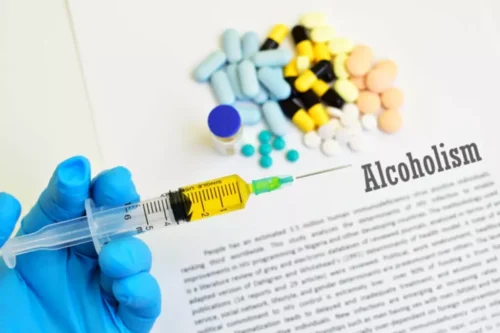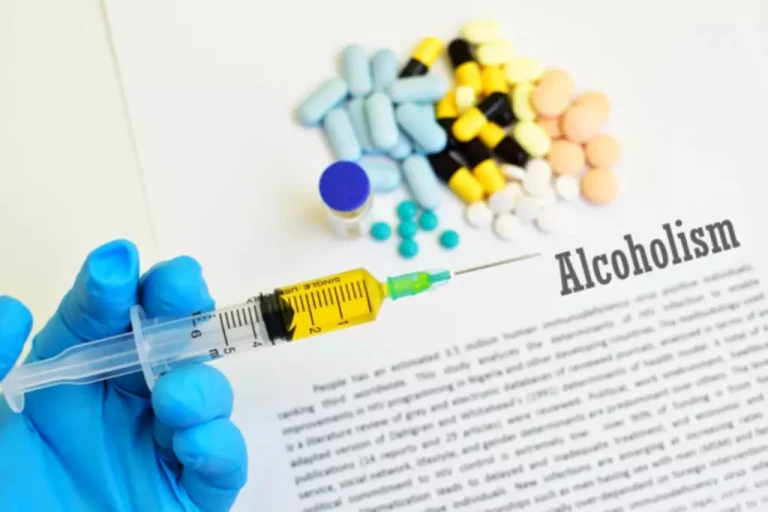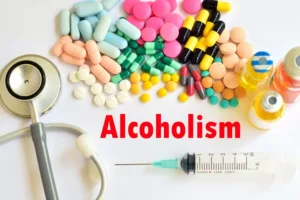
Steer clear of pubs and bars, plan social activities that don’t involve alcohol and remove alcohol from your house. If you’re struggling with your alcohol cravings and are finding that the urge to continue drinking has become too much for you, you might need specialist support. You can control alcohol cravings and urges by employing tactics like distaction, stress management and avoiding triggers. Initially, during acute alcohol withdrawal, they can be very intense. However, cravings may persist beyond the detox phase and throughout early recovery.
- Knowing that the craving is only temporary and will go away on its own can help you to get through it without reaching for a drink.
- Nuts and seeds are packed with healthy fats, proteins, and fibers, making them a perfect snack to curb alcohol cravings.
- Some people are able to stop drinking on their own or with the help of a 12-step program or other support group (see below for links).
- That increase in community can give you a safe space to share your struggles, celebrate your victories, and get advice from people on a similar path.
National Institute on Alcohol Abuse and Alcoholism (NIAAA)
It is important that as you try to help your loved one, you also find a way to take care of yourself. It may help to seek support from others, including friends, family, community, and support groups. If you are developing your own symptoms of depression or anxiety, think about seeking professional help for yourself. Remember that your loved one is ultimately responsible for managing their own illness. Because AUD is a chronic, relapsing disorder, persistence is key. It is rare that someone would go to treatment once and then never drink again.

Drink Less Alcohol : Learn how to moderate with no pressure to quit
AUD can be mild (the presence of two to three symptoms), moderate (the presence of four to five symptoms), or severe (the presence of six or more symptoms). This guide is written for individuals—and their family and friends—who are looking for options to address alcohol problems. It is intended as a resource to understand what treatment choices are available and what to consider when selecting among them. For more information, please visit the NIAAA Alcohol Treatment Navigator®, an online tool that helps individuals find the right treatment for them—and near them. The Navigator offers a step-by-step process to finding a highly qualified professional treatment provider. Get in touch today to find out how we can help you to beat your alcohol cravings and achieve the healthy, alcohol-free life you deserve.

How to Stop Drinking for Good
Some people experience post-acute withdrawal syndrome (PAWS), where cravings can last for several months or longer. Everyone’s timeline is unique, and cravings usually lessen over time. Your treatment might include medications to help you stop craving alcohol.12 Prescriptions like acamprosate, disulfiram, and naltrexone can decrease the urge to drink. This approach is especially helpful for people healing how to reduce alcohol cravings from long-term alcohol abuse. No matter how long your cravings last, there are many ways to cope with the urge to drink.
- Having a long-term plan for managing alcohol cravings can help prevent and overcome them when they do occur.
- Breaking this loop can help a person overcome alcohol cravings and manage their alcohol intake.
- But he thought it would be worth it if he could stave off further heart problems by losing the extra weight.
At the end of the day, one of the most important tools you have at your disposal is self-compassion. Instead of criticizing yourself for having a hard time or slipping up and having a drink, remember that no one’s perfect. What matters most is your ability to maintain an open, curious outlook as you learn what does and doesn’t work for you. It’s possible to develop a better relationship with alcohol and make more mindful, informed choices about drinking without total sobriety. Maybe you don’t think you depend on alcohol exactly, but you still wonder whether you might be drinking too much. Her fields of interest include Japanese translation, cooking, natural sciences, sex positivity, and mental health, along with books, books, and more books.
While we might know that logically, accepting it is another thing. It teaches you to trust and forgive yourself, which is key to moving on from setbacks and failure. It also helps you regulate your emotions by increasing your ability to tune in and comfort yourself, making managing difficult emotions easier. Put all its benefits together, and it lets you cope with stress more healthily. Studies show that more self-compassionate people are less likely to turn to alcohol to cope with negative emotions. Overly restrictive goals can backfire, making people binge on the very thing they’re trying to avoid.

You might notice stressful or tense situations tend to fuel cravings more often than not. Even 10 minutes catching up on recent news and sharing stories from your daily life can offer enough of a distraction that the craving passes, almost before you know it. “A typical craving might last for 3 to 5 minutes,” notes Christina Hanks, senior recovery coach and care team manager at Tempest. To learn more about how nutrition and supplements can support your recovery, check out our post on the benefits of omega-3 for alcohol recovery. Mindfulness has its roots in ancient Buddhist practice, and is essentially a form of mental training.
Detox and Withdrawal
For many, moderation is about enjoying some alcohol without negative consequences, both mental and physical. It isn’t just about numbers — it’s feeling comfortable with choices that work for your life. For example, it might be that sweet spot where you enjoy a night out and have a drink with dinner, without worry. Delirium tremens (DTs), also known as alcohol withdrawal syndrome, is a severe form of withdrawal that can happen when a person gives up alcohol. It affects between three and five percent of people who are quitting drinking and can be fatal. Another essential element of your plan to quit drinking is to identify the barriers or obstacles that might make achieving your goals more difficult.
Feel like you should be drinking less? Start here
Your health care provider or mental health provider will ask additional https://ecosoberhouse.com/article/alcohol-vs-drugs-comparison-of-addictions/ questions based on your responses, symptoms and needs. Preparing and anticipating questions will help you make the most of your appointment time. Primary care and mental health providers can provide effective AUD treatment by combining new medications with brief counseling visits.
